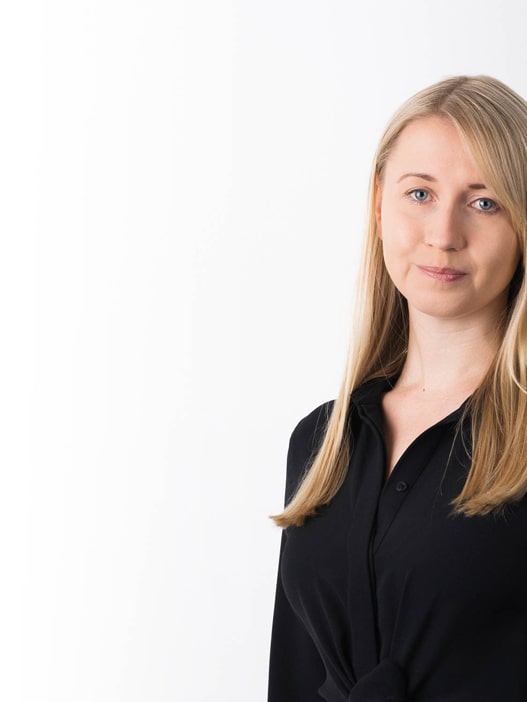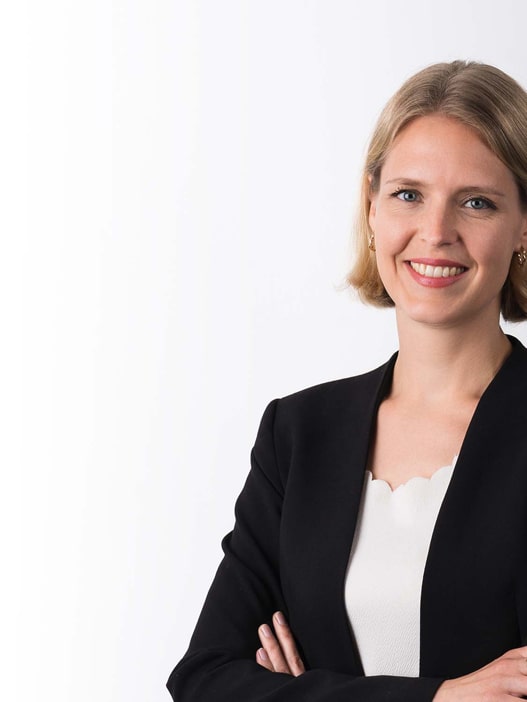Work-Life-Balance-Richtlinie in Österreich
In dieser Folge diskutieren Isabel Firneis und Julia Marboe über die Umsetzung der EU Work-Life-Balance Richtlinie in Österreich. In der Folge geht es vor allem um die gesetzlichen Änderungen in Bezug auf Elternkarenz, Elternteilzeit und Pflegekarenz. Die meisten der gesetzlichen Änderungen werden mit 1. November 2023 in Kraft treten. Bitte beachten Sie, dass einige andere Änderungen im Zusammenhang mit der Umsetzung der Richtlinie in einer separaten Folge behandelt werden.
Bei Fragen zu dieser Folge und unserem Wolf Theiss Arbeitsrecht-Podcast wenden Sie sich bitte an arbeitsrecht@wolftheiss.com.
EU Work-Life-Balance Directive in Austria: upcoming changes for parents and employers
In this episode of our Wolf Theiss Arbeitsrecht podcast, our experts Isabel Firneis and Julia Marboe discuss the implementation of the EU Work-Life-Balance Directive into Austrian law. This episode deals primarily with legal changes concerning parental leave, parental part-time leave and care leave. Most of these legal changes will become effective as of 1 November 2023. Please note that several other changes within the context of the implementation of the directive will be covered in a separate episode.
For questions about this episode and our Wolf Theiss Arbeitsrecht podcast, please contact arbeitsrecht@wolftheiss.com.
Episode Summary
The Work-life Balance Directive (WBLD) aims to improve families’ access to family leave and flexible work arrangements. The implementation of the WBLD into Austrian law will lead to several changes that concern employers and employees alike. In this episode, the following changes are discussed:
Parental Leave
Until now, parents in Austria were able to take parental leave until their child’s second birthday, meaning for a maximum of 24 months. The WBLD however foresees that at least two months of parental leave are non-transferable between parents. Therefore, the following change to the law will occur:
In the future, a parental leave period of 24 months will only be possible if the parental leave is split between the parents and one of the parents takes a minimum of 2 months of parental leave. There are exceptions for single parents or for couples where one parent is not entitled to go on parental leave. This new regulation will apply to births from 1.11.2023.
Parental Part-time Work
Further, the WBLD foresees that Member States shall take the necessary measures to ensure that employees with children up to a specified age (at least eight years old), and carers, have the right to request flexible working arrangements for caring purposes. The duration of such flexible working arrangements may be subject to a reasonable limitation. In Austria, we consider parental part time as such a flexible working arrangement. In order to implement the WBLD, the rules on parental part-time were changed. For employees with an entitlement to parental leave, the changes are however marginal. In this case, parental part-time is, generally speaking, possible until the child`s 8th birthday (compared to their 7th birthday as was the case before). However, parental part time itself may last for a maximum of 7 years in total, whereby periods of maternity leave and parental leave are credited against this time period and shorten it accordingly. As a result, the right to parental part-time will end – as was already the case before the amendment – around the child`s 7th birthday. A more significant change concerns agreed parental part-time. Parental part-time can be agreed until the child’s 8th birthday (compared to their 4th birthday as was the case before), if the employee is not entitled to parental part-time or if this entitlement has ended. All in all, this means that the possibility of parental part-time was extended. However, this generally requires a corresponding agreement with the employer.
Caregiver Leave
Furthermore, existing caregiver leave will be extended. On the one hand, caregiver leave can be claimed for close relatives who do not live in the same household. On the other hand, employees will also be entitled to a caregiver leave if they must look after someone living in the same household who is not a relative.
Other Changes
In addition to the above, the implementation of the WBLD will lead to a need for employers to justify several decisions in writing. Moreover, the grounds to challenge a termination in court based on a bad motive are extended. It will be possible to challenge a termination if the decisive motive for said termination was a parent exercising one of the several aforementioned parental rights (e.g. being terminated due to taking caregiver leave can be considered a bad motive for the termination).

